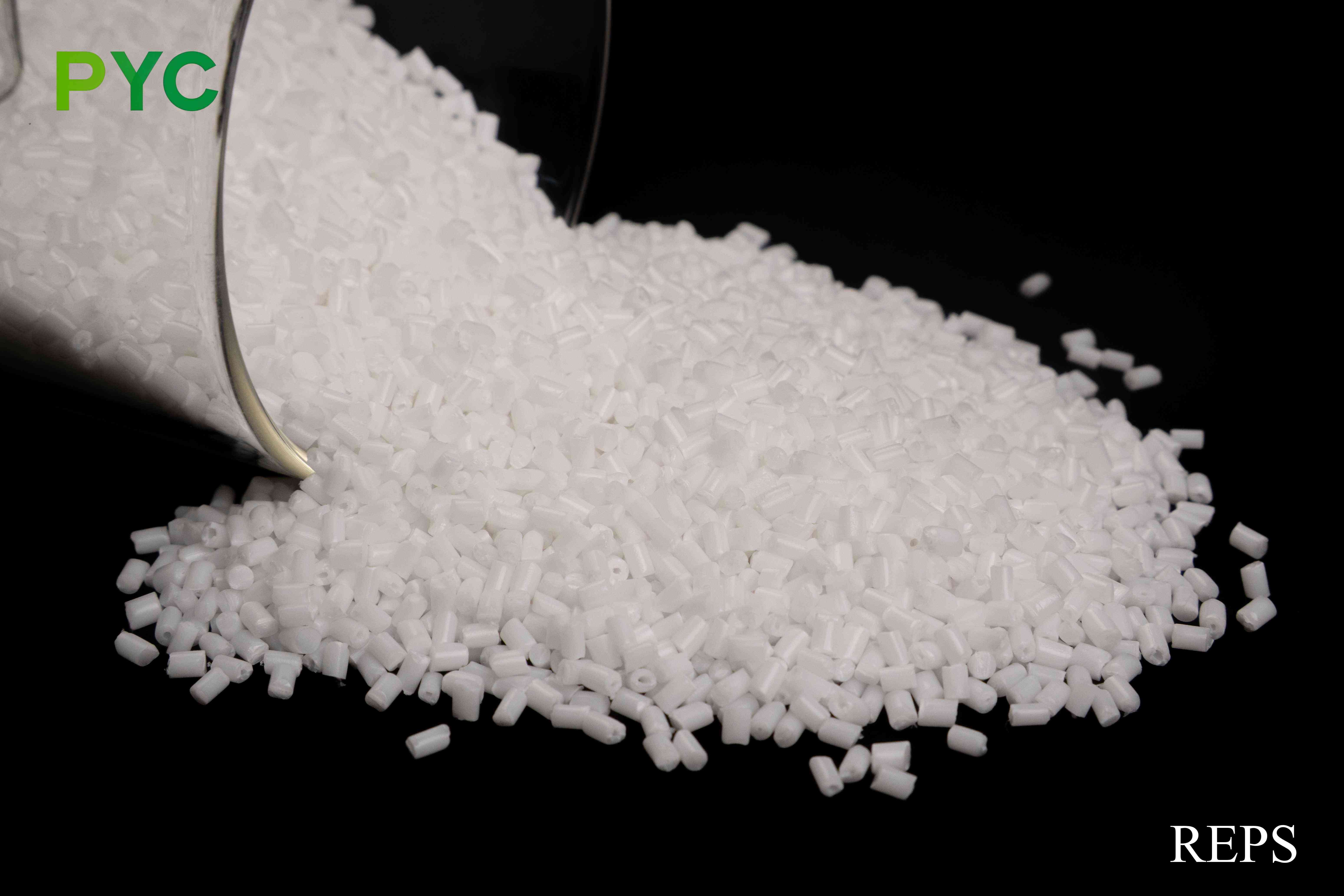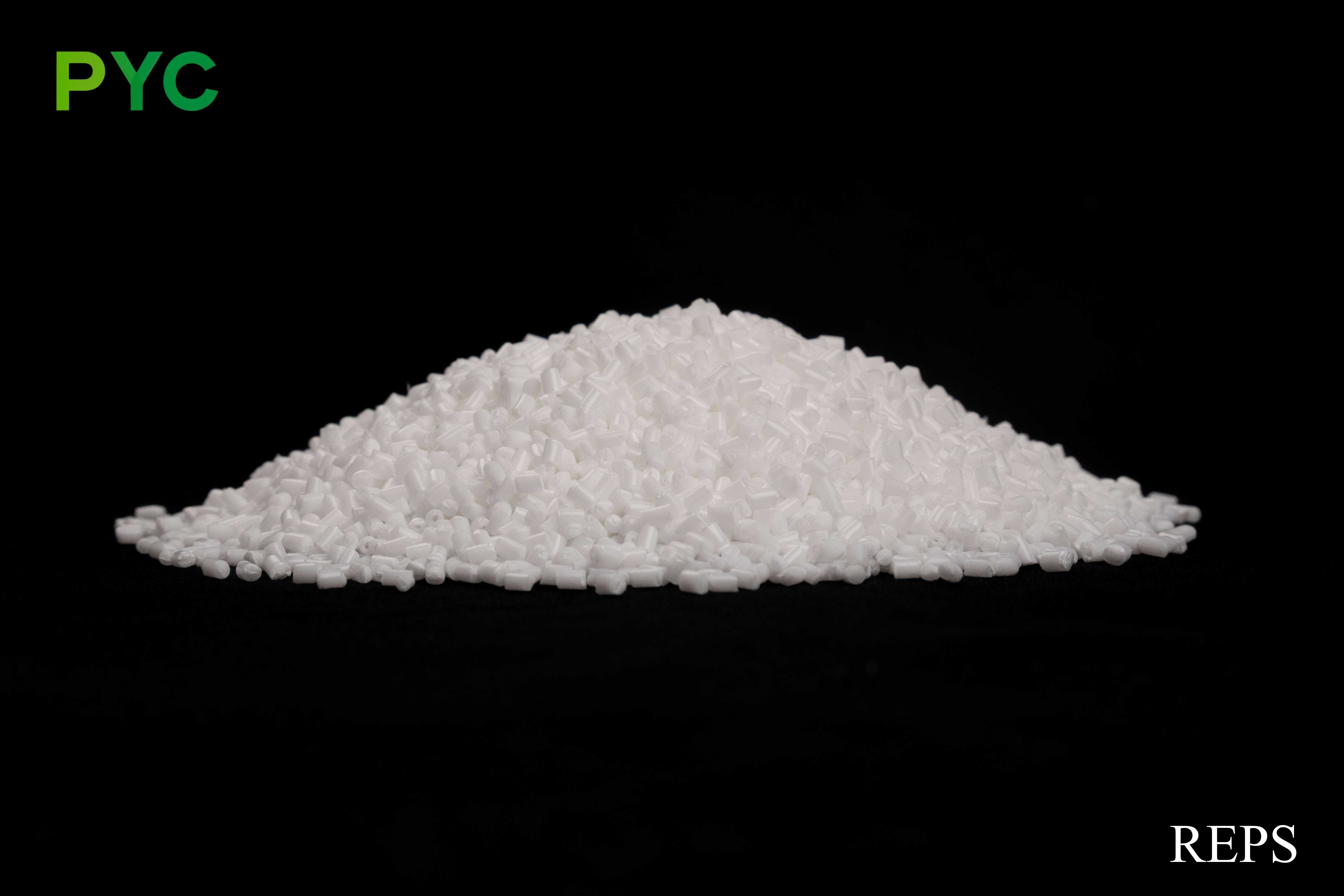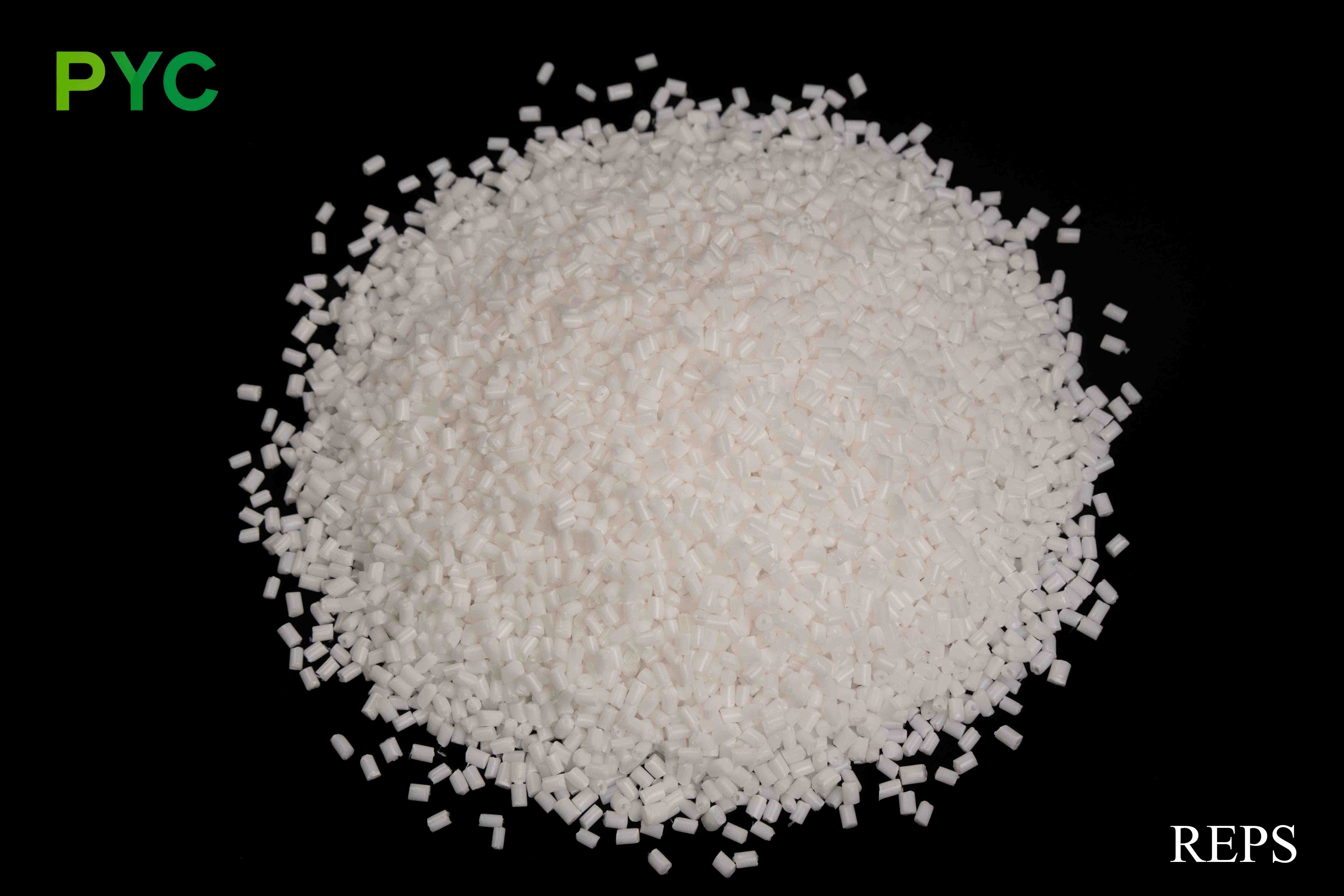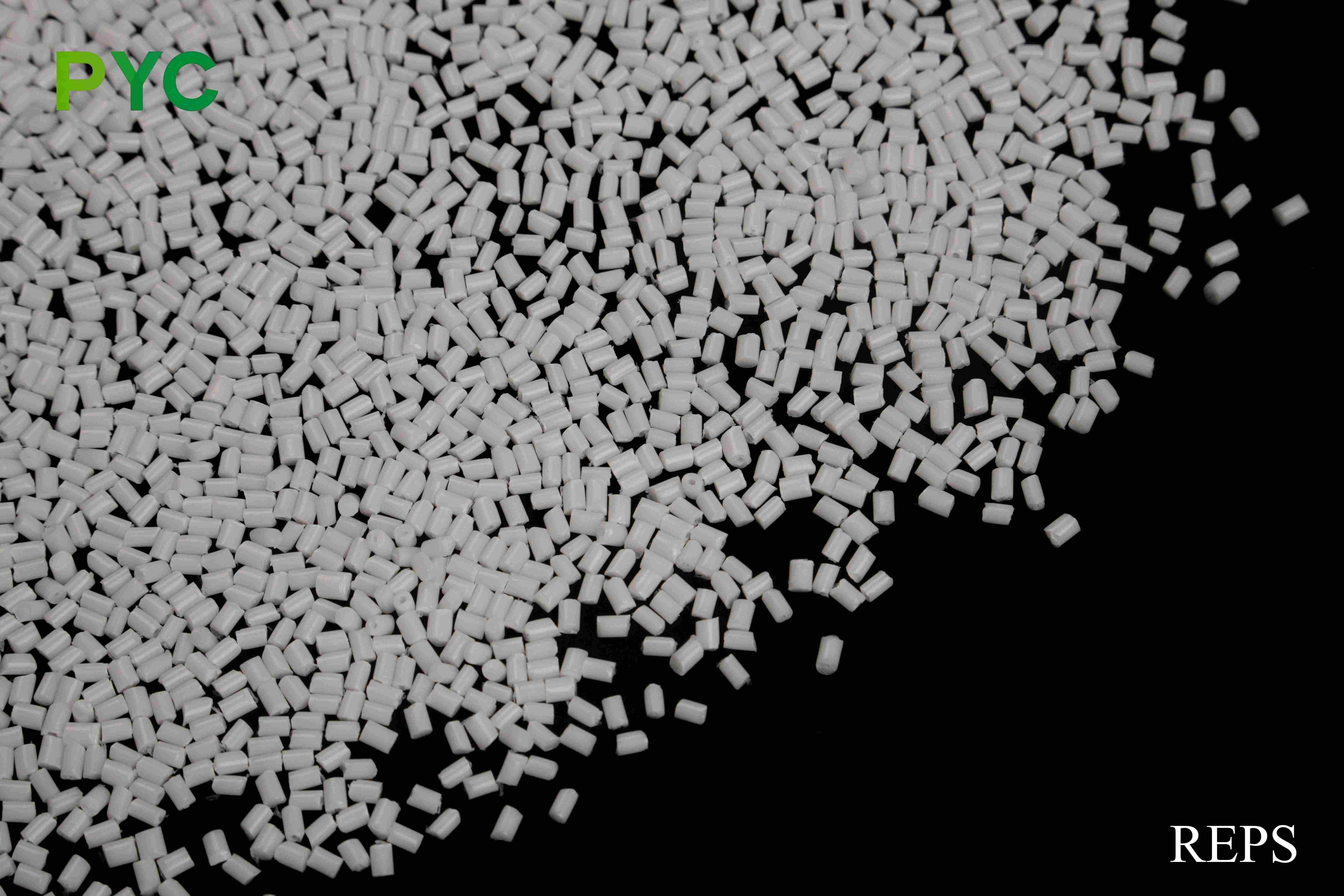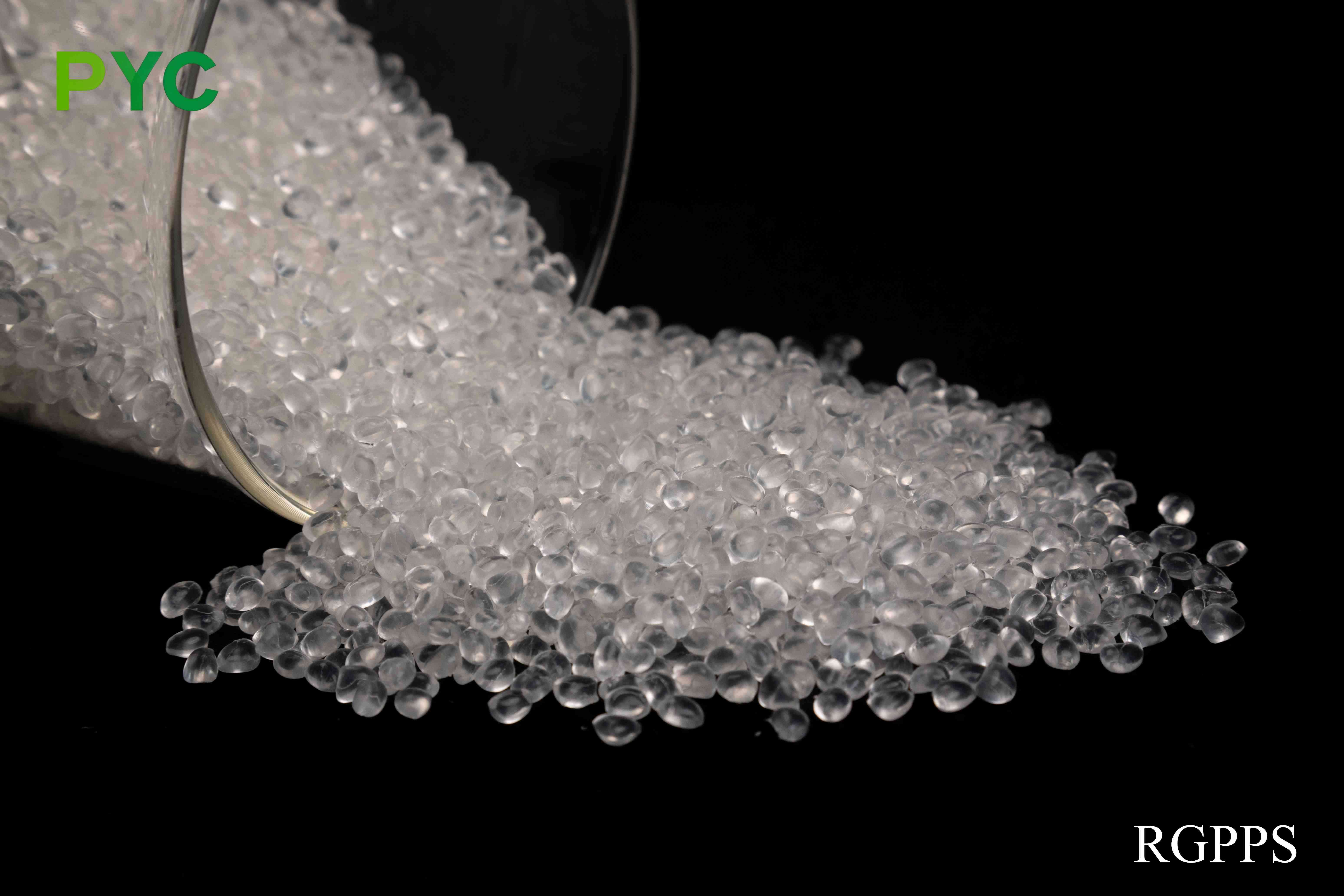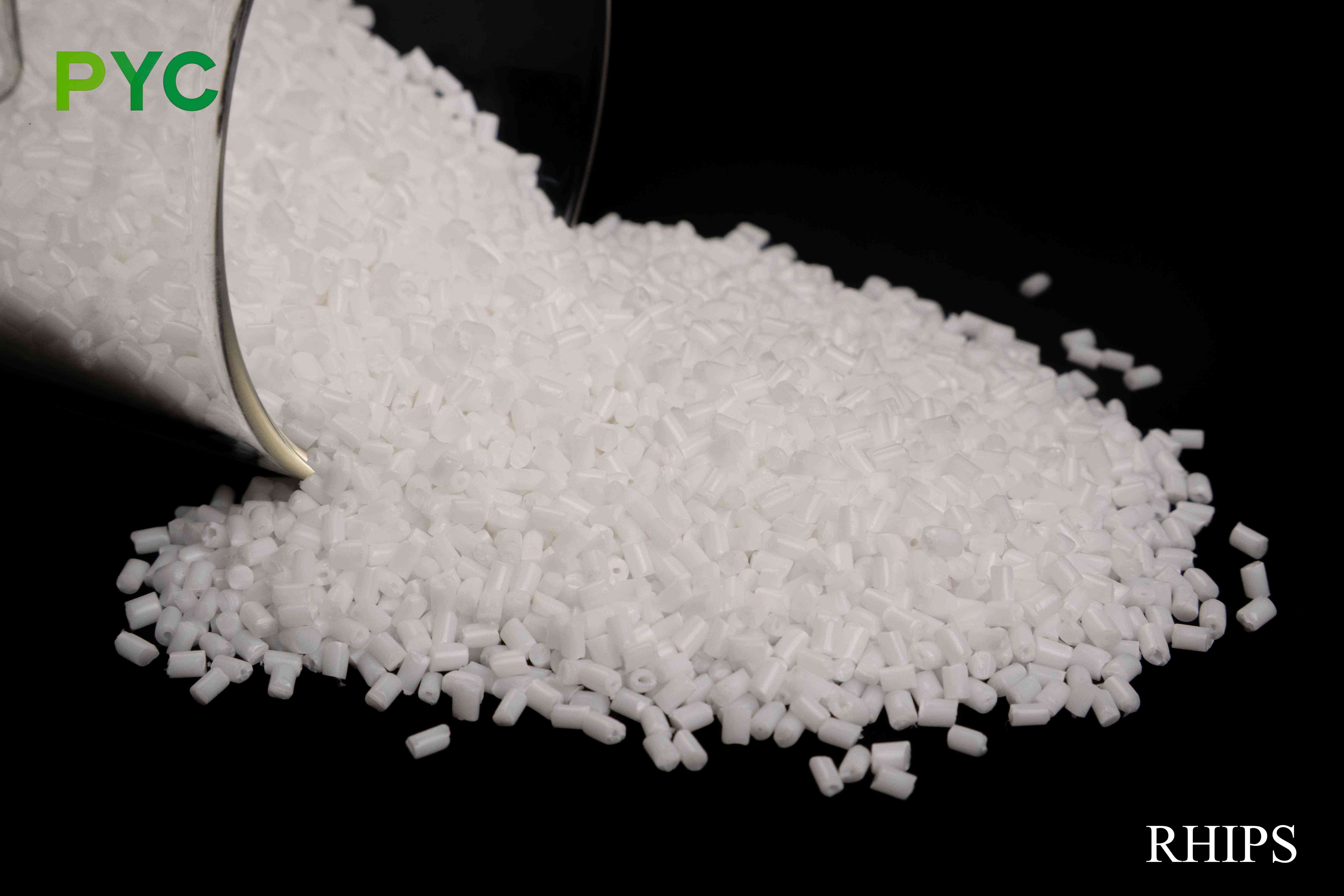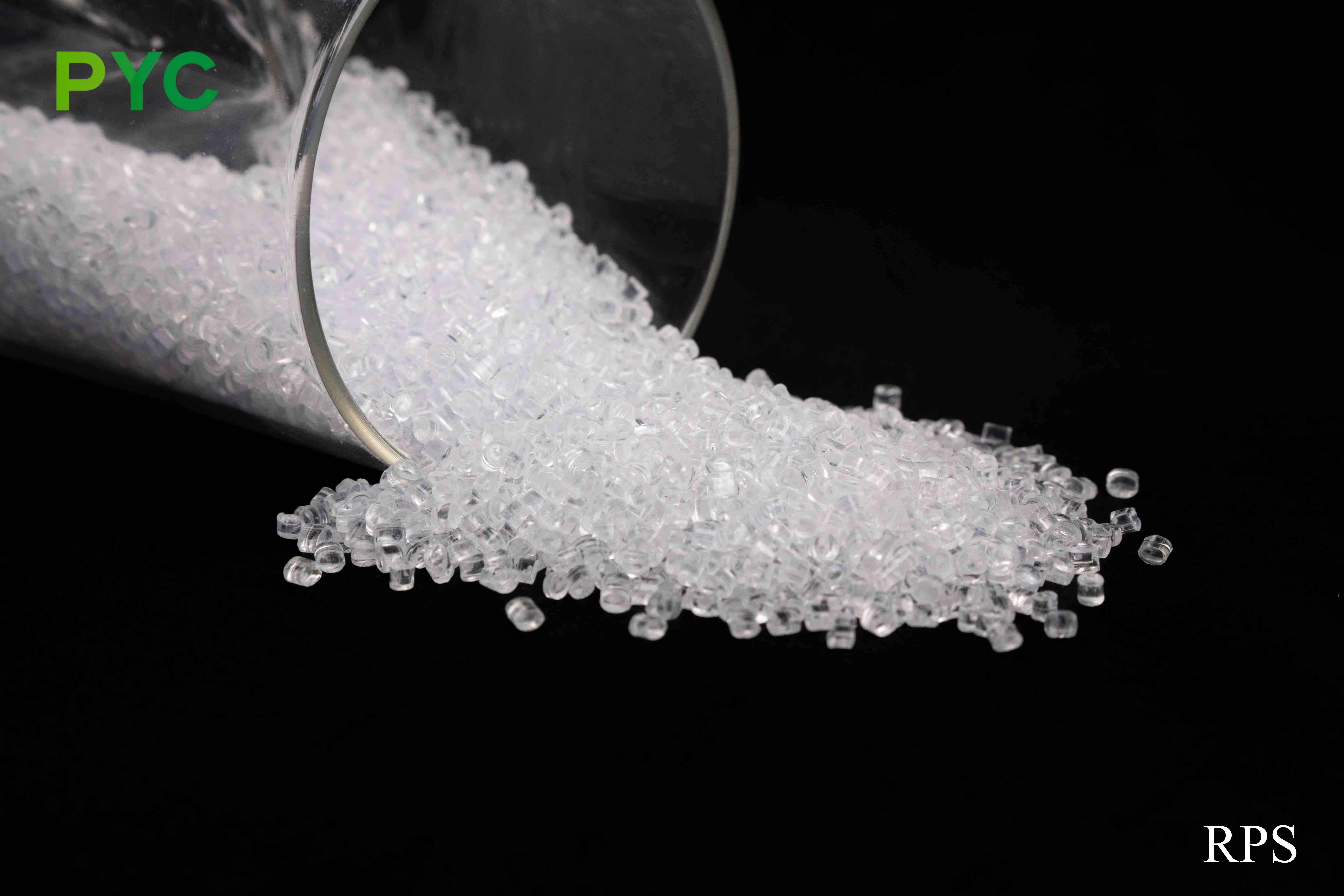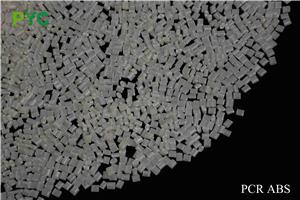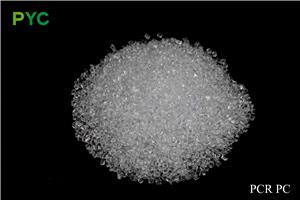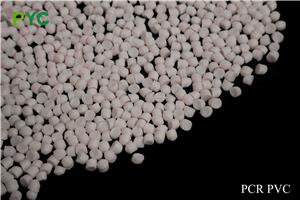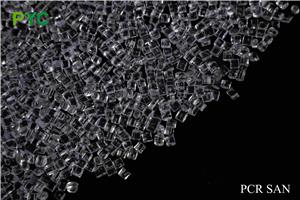REPS

Product highlights:
High quality recycled raw materials
REPS (Recycled Impact Resistant Polystyrene) uses a single source, highly screened industrial recycled EPS (recyclable polystyrene) raw material, mainly from the following specific recycling channels:
Waste foam packaging: from home appliance packaging (such as TV, refrigerator, air conditioning outer packaging), electronic product protection foam, logistics buffer packaging. These materials are crushed, melted, removed of impurities and re-granulated to ensure their purity and processability.
Building insulation board: mainly includes waste EPS insulation board, wall insulation material and roof insulation board, after removal of attachments, classification screening and cleaning treatment, can be used to produce new EPS products or other modified polystyrene products.
Food-grade foam containers: derived from recycled takeout lunch boxes, food trays, etc., after strict cleaning, disinfection and reprocessing, can be used as a recycling source of low-grade EPS materials to ensure the stability of recycled materials.
Industrial foam scraps: The use of EPS foam products in the production process of the corner waste and defective products, these raw materials have not been used, stable quality, after crushing, melting, reshaping, effectively improve the purity of recycled materials and mechanical properties.
All raw materials are fine screening and purification treatment to ensure low impurity content, giving REPS excellent impact resistance, lightweight characteristics and processing adaptability, widely used in packaging materials, building insulation, decorative panels and other light foam products and other fields.
Environmental protection and resource recycling:
REPS is produced from recycled polystyrene material, reducing the pollution of plastic waste to the environment while reducing the need for new resources. Through innovative recycling technologies, REPS recyles waste polystyrene efficiently, in line with environmental regulations and sustainability standards.
Enhanced mechanical properties:
Compared with traditional polystyrene, REPS has significant improvement in impact resistance, tensile strength and wear resistance. After modification treatment, the mechanical properties of REPS are more than 30% higher than that of original polystyrene, which is suitable for the environment and use needs under greater external force.
Excellent thermal insulation and moisture-proof properties:
REPS has excellent thermal insulation performance, can effectively reduce heat conduction, widely used in building insulation, cold chain packaging and other fields. In addition, its moisture-proof properties make it stable in humid environments and avoid performance degradation caused by moisture intrusion.
Good processing and formability:
REPS has excellent fluidity in the processing process, and can be produced by a variety of molding processes such as injection molding, extrusion and foaming, to meet the needs of various industries. Its processing properties make the production process more efficient and reduce production costs, while ensuring the quality of the final product.
Product Details:
Application field:
REPS has a wide range of applications in many industries, especially in packaging, construction, cold chain logistics and other fields. Due to its excellent thermal insulation and moisture-proof properties, REPS is often used in building insulation materials, refrigerated transport boxes, food packaging and other fields. In the packaging industry, REPS is used as a protective packaging material, which can effectively prevent products from being impacted during transportation. In the construction industry, REPS, as an excellent thermal insulation material, is widely used for wall and roof insulation to improve building energy efficiency.
Performance and Advantages:
REPS in the modification process to improve the mechanical properties, with strong impact resistance and tensile strength, to adapt to a variety of high-load environment. Its excellent heat insulation makes it play an important role in construction and cold chain logistics, which can effectively reduce energy consumption. At the same time, the moisture-proof characteristics of REPS enable it to maintain stable physical properties in wet environments, and is suitable for a
variety of different environmental conditions.
Production and technical advantages:
The production of REPS uses advanced recycling and modification technologies to transform waste polystyrene into recycled materials with better properties. Through optimized production processes, REPS maintains high quality physical properties and can effectively improve production efficiency. Compared with the traditional production process, the production process of REPS is more energy saving and environmental protection, and at the same time has a lower cost, which ADAPTS to the market demand for environmentally friendly and high-performance materials.
Environmental protection and cost effectiveness:
As a recycled material, REPS has significant environmental benefits and can greatly reduce the burden of plastic waste on the environment. Its production cost is lower than that of new materials, and a large amount of raw materials are saved through recycling technology, which makes REPS have strong price competitiveness in the market. The use of REPS by enterprises can not only reduce production costs, but also improve the green image of their products.
By enhancing mechanical properties, improving thermal insulation and moisture resistance, and enabling environmentally friendly production, REPS has become the ideal material choice in multiple industries. Its efficient recycling technology and superior performance have given it a niche in a modern market with increasingly stringent environmental requirements.

